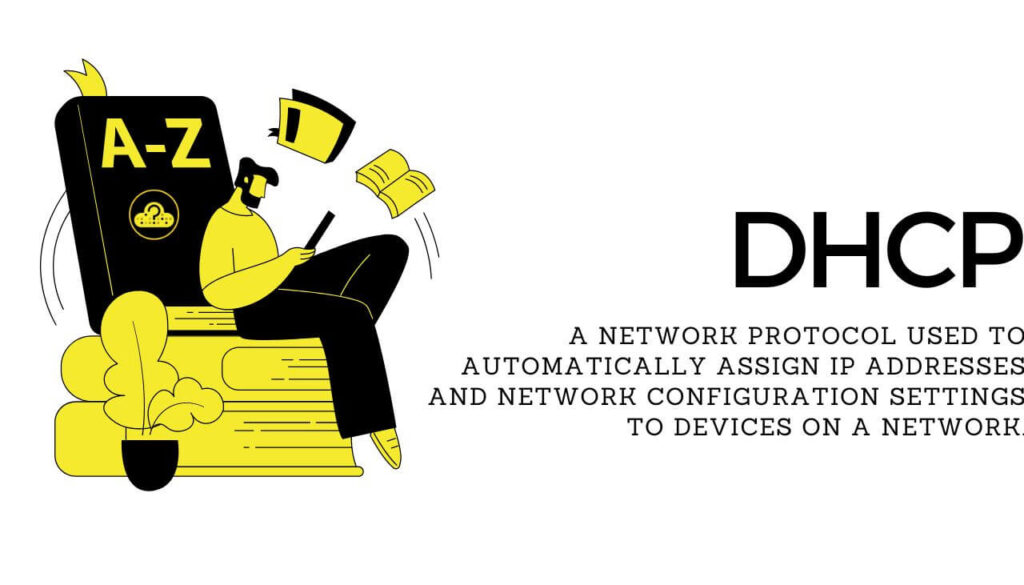What Is DHCP?
- Short Definition:
- DHCP is a network protocol used to automatically assign IP addresses and network configuration settings to devices on a network.
- Extended Definition:
- Also known as the Dynamic Host Configuration Protocol. It is a network protocol that simplifies the process of assigning IP addresses and other network configuration settings to devices connected to a network.

It enables network administrators to manage and allocate IP addresses dynamically, rather than assigning them manually to each device. When a device joins a network, it sends a DHCP request, and a DHCP server responds with an available IP address, subnet mask, default gateway, and other configuration parameters.
This automatic assignment of IP addresses eliminates the need for manual configuration and makes it easier to add or remove devices from a network without causing conflicts. It also supports lease times, which determine how long a device can use a specific IP address before it needs to renew the lease.
This protocol provides efficient IP address management, reduces administrative overhead, and allows for flexible network configuration. It is commonly used in local area networks (LANs) and is an essential component of most home and business networks.
For more definitions, check out our dedicated Definitions List.
